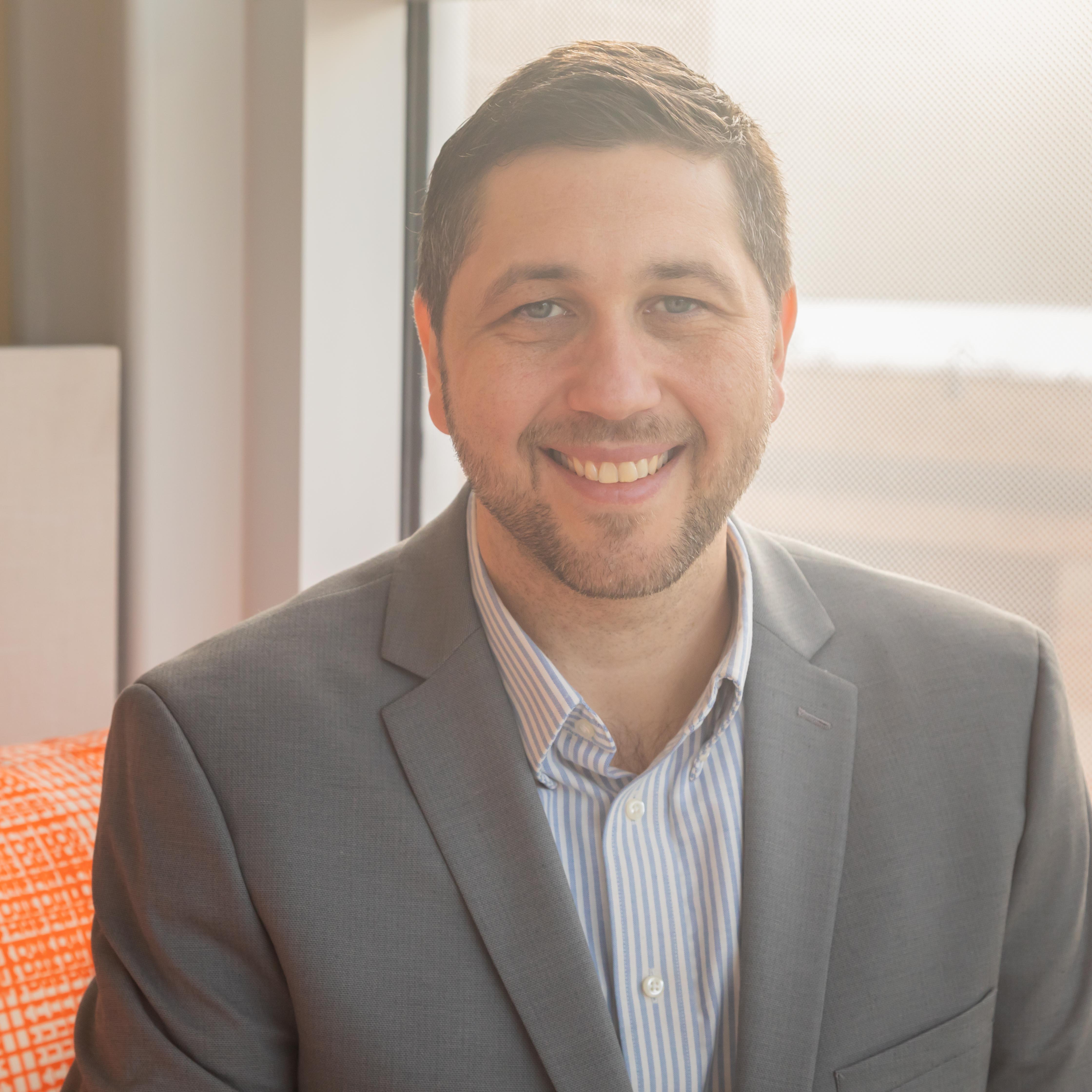Investing in a Cure

Joshua Korn credits his online MBA with making him a more strategic, effective steward of resources for CURE International, a faith-based organization that provides surgical care as well as spiritual and emotional support to children living with treatable disabilities.
In 2017, Joshua Korn was two years into his role as executor director of a children’s hospital in Niger, one of eight facilities operated by CURE International to provide surgical care and spiritual support to children living with treatable disabilities.
He was a seasoned manager in the field of international development, fluent in both French and Hebrew by virtue of growing up in West Africa and Israel. Alongside the 80+ employees he managed, he leveraged his skills and experience to serve children who were ostracized, overlooked and rejected by their communities because of their disabilities.
But the challenges of the position—from communicating effectively with local government officials to ensuring an adequate supply of water and electricity for surgery every day—impressed upon him the need for more formalized training in business administration.
“I was a French and History major, so I didn’t have any education or formal training in business,” he said. “My organization was very supportive of my desire to build new skills in accounting, strategic planning, negotiation and everything else an MBA program had to offer.”
At the encouragement of one of his mentors, he applied and was accepted into Baylor’s online MBA program. Given the six-hour time difference and spotty Wi-Fi connection, the unusual degree of flexibility built into the program sealed the deal.
Reaching the Vulnerable
“Across the board, my MBA courses were immediately applicable to the work that I was doing every day,” Joshua said.
He highlights the value of his communications classes in refining his ability to convey his organization’s mission in a culturally sensitive way. In Niger, he found that approaching government officials with humility, going above and beyond to comply with local laws and securing necessary authorizations, went a long way in building trust. “This approach opened a lot of doors,” he said.
When it came to identifying potential patients, cross-cultural communication took the form of targeted marketing efforts: radio and TV ads, flyers and word of mouth. As much as possible, Joshua and his team operated mobile units in local villages to reach children who were hidden away out of shame.
“A lot of people we come across think the conditions we treat, like club foot or cleft palate, are some sort of curse from God,” he said. “We work hard to convince one family that that is not the case, and that they should bring their child in for treatment. When the rest of the village sees the healing and transformation that occurs, word travels fast.”
While a number of organizations address medical needs for children with disabilities, CURE takes a holistic approach to healing.
“Our surgeons provide much needed surgical care, but this doesn’t address the emotional and spiritual trauma of living in a society that sees you as less than human because of your disability,” Joshua said. “We are uniquely positioned to treat the mind and soul along with the body, showing our patients that God loves them.”
Through sharing Bible stories, connecting patients to local ministry leaders when requested and praying for patients, CURE staff members play a transformational role in the children's lives.
“It’s amazing to watch a child who wouldn’t even make eye contact at first transform into someone who is screaming and running and acting like a typical kid again,” Joshua said. “That is the life change we try to convey to those who support our efforts.”
Measuring Impact
In 2020, Joshua returned to the U.S. to transition into a new role as director of Grants Acquisition and Management for CURE International. In this capacity, he leads a team in identifying opportunities for funding, creating proposals and reports on organizational impact. He is currently helping with the development of a robust monitoring and evaluation plan to demonstrate ROI in terms of the physical, social and spiritual activities CURE carries out.
“It’s no longer enough to show partners and donors a few before and after pictures,” Joshua said. “People want to see data and evidence of impact. That is increasingly true in a ministry setting, where we are one of many organizations making a case for support.”
Reflecting on his time in the online MBA program, he calls the skills he gleaned “required, not just valuable” for ministry leaders who are committed to stewarding their resources well and building a wide network of support.
“The emphasis on serving others by pursuing good business practices really came through in each one of my MBA courses,” he said. “I was continually inspired to pursue excellence in all that I do so that my organization can grow and flourish.”
Across the globe, five billion out of eight billion people lack access to surgical care, and 240 million children are living with disabilities. “Looking at those numbers, it’s clear we have a long way to go,” he said. “Fortunately, I’m more equipped than before to give this mission everything I’ve got.”
What's Next
Are you interested in becoming a more effective steward of resources in your ministry? Learn more about Baylor’s Online MBA program by clicking here. If you would like to connect with an admissions advisor, fill out the form below.